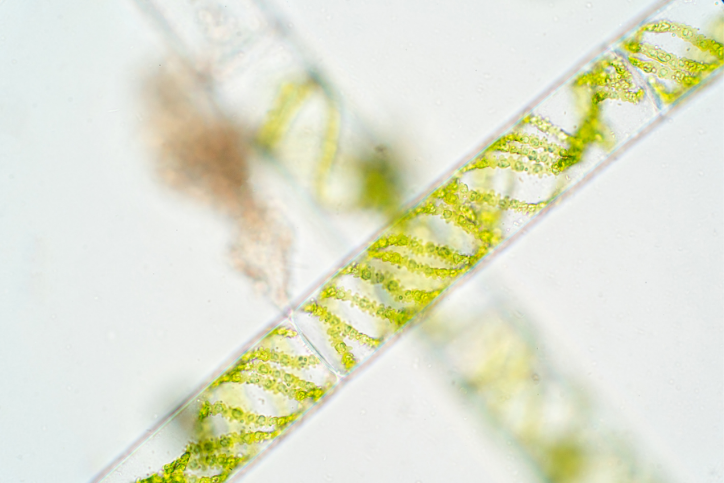Plankton refers to all living things in the sea and in fresh water that cannot move themselves but are driven by the movement of water. There is plant and animal plankton. They have only a slightly higher density than water and therefore sink very slowly.
Almost 98 percent of the biomass in our oceans consists of plankton, i.e. tiny plants and animals floating in the water. Plant plankton or phytoplankton includes, for example, green algae or diatoms. They often serve as a food source for zooplankton.
The tiny creatures carry out photosynthesis with the help of sunlight. The phytoplankton thus produces about half of the oxygen present in the atmosphere!
They are the basis of all life in the sea, because they are food for fish, seals, whales and many other animals.

